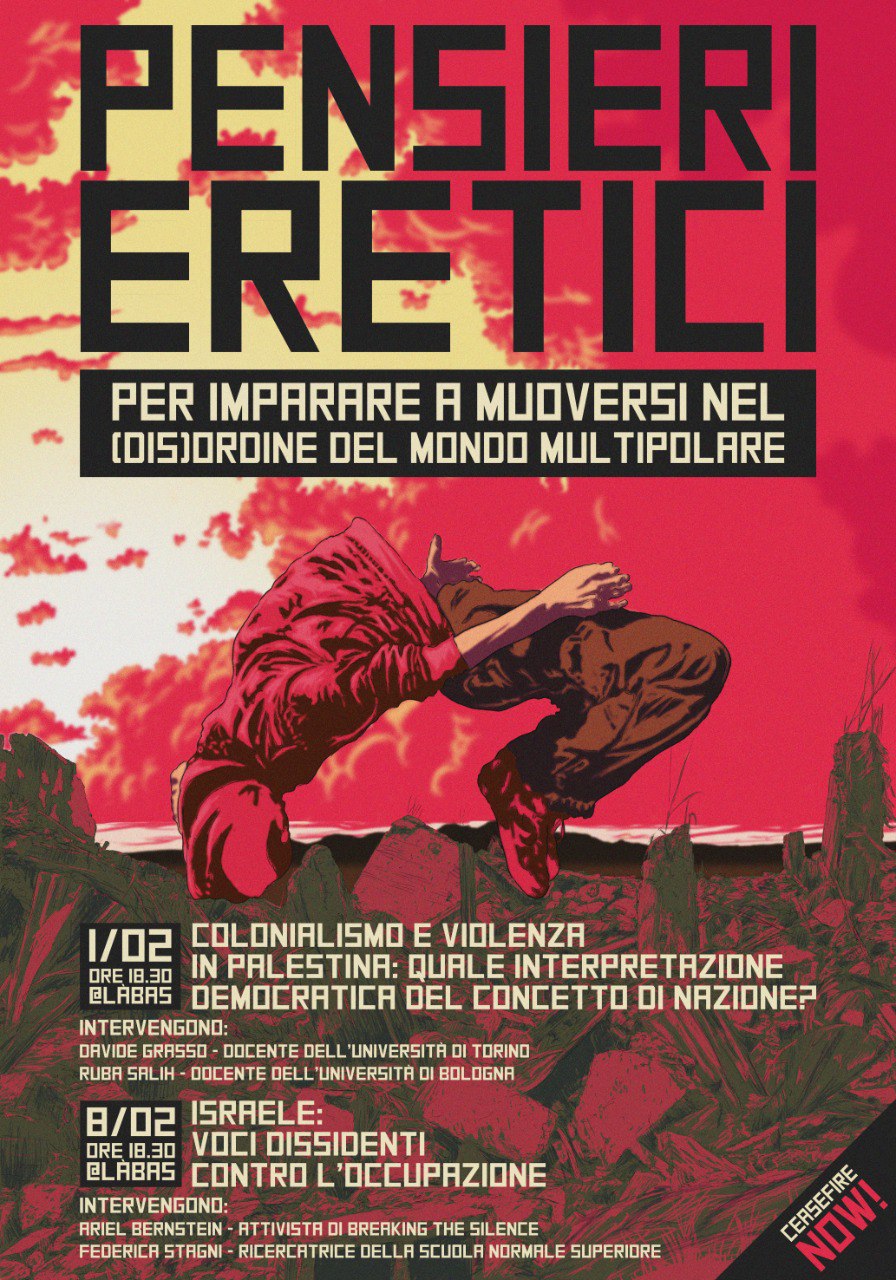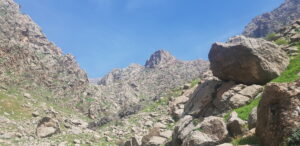Learning how to navigate in the (dis)order of the multipolar world.
The 7th of October 2023, like the 22nd of February 2022 or the 9th of March 2020, are moments we are unlikely to forget. These dates represent moments in which history has once again been set into motion. Like the outbreak of COVID-19, and the Russian invasion of Ukraine, Hamas’s latest attack on Israel has left us speechless, especially considering Israel’s genocidal targeting of the Gaza Strip, where the Palestinian population has been decimated for over three months. The atrocities of the bombings and the perpetrated violence of the Israeli military forces have claimed more than 25,000 lives and displaced nearly 2 million people.
We are horrified by the brutality of the attacks on civilians in Gaza, the repression of Palestinian citizens in Israel and in the West Bank, the context of dehumanization suffered by Arabs and Muslims’ lives in Palestine, caused by the colonial and nationalist project of Zionism. The ruthless violence of the Israeli assault cannot be justified as a legitimate reaction to the attack. Therefore, we stand with Palestinian people and with all voices calling for an immediate ceasefire.
The historical phase we are approaching is new, there are state (and non-state) actors claiming millennial or divinely elected cultural identities, old nation-states, empires, and multinationals. This is also why the discourse can not be reduced to concepts such as bi-polarity, or to simplified categories such as “North-South” or “East-West”. In our view, this argument needs to be applied to all the ongoing wars. Different sub-systems are emerging, and none of the major players in the international arena wants to be left outside the dynamics of power appropriation. Each sub-system competes to “earn” its position within financial command algorithms. The overall dispute is situated in a hybrid dimension of technologies, involving the use of satellites, artificial intelligence, quantum computers, drones, and nanotechnology. However, wars break out also beyond the technological power one holds. Just bear in mind the homemade, but innovative techniques used by Hamas to launch the attacks on the 7th of October, or the assaults with drones and missiles of Yemen’s Ansar Allah in the Red Sea.
In the fragmented societies we live in, the outbreak of crises only polarizes the political positions of those who already have – revealed truths and the subsequent pursuit of their political purposes. Hence, this dynamic may encourage an analysis based on emotional evaluations that often end up in supporting and justifying excesses, if committed by friendly ‘factions’.
This way of thinking is counter-revolutionary since it risks overshadowing our society’s goal of emancipation. Moreover, it makes us lose sight of the materiality of suffering and the brutality of those who produce it. Therefore, we need to track down both a heretical thought, that free ourselves from eternal truths, and an ethical one, to not indiscriminately tolerate what is happening.
One of the aims is to find a way to orient in the continuous turning points of history, and to develop new categories of analysis from below, useful to support those who fight for a democratic society, freed from all forms of exploitation and oppression.
In the multipolar world we walk by demanding, looking towards a possible theory of change.
We propose to develop the discussion from two axes of thinking. To begin, we consider the right of resistance as the foundation for population’ self-determination to defend itself from oppression, asserting its existence. Self-determination is a ‘sacred’ right, whose shapes we do not determine, and to which parts of societies hostile to us also contribute. However, the legitimacy of self-determination cannot be questioned.
Instead, the aims and political tendencies of those active in such resistance can be questioned, so as not to have already written outcomes.
Resistance is a field of political contention that we should learn to cross, despite its contradictions. It is a space of possibilities within which we must be able to stand in order not to disappear in the world to come, as teach us the Ukrainian comrades we have met in the last two years or the Palestinian realities we have supported in recent decades.
The focus, therefore, is on the outcome of conflict – even an armed one – which should always be the object of a lucid political evaluation.
Thus, resistance is not enough, unless it is embedded in a broader framework of a theory of change that ethically directs actions for survival, towards a sustainable political project.
The Kurdish democratic confederalism is currently our unique existing political reference that proposes and builds this alternative, and consequently, it represents our second axis of discussion. However, we do not believe that the democratic experience of the Autonomous Administration of North-East Syria can be taken as a panacea for all ills.
As Kurdish women comrades never cease to remind us, it is necessary to develop a discourse that can be abstracted from regional particularities, and that can be applied to different latitudes, considering specific contradictions, and local/global characteristics.
Within this framework, and solicited by the emerging conflicts, we identify some controversial themes to reason about and to test in our territories as well.
How to affirm – and sustain – a right to resistance that can discern between strategic war choices acceptable on the field and the ethical limit that must not be crossed in order not to become the persecutors?
How can the concept of colonialism be read beyond the “West-rest of the world” binarism? What value can be attributed to the decolonial paradigm that today seems to have lost the evocative power of liberation of a few decades ago?
If decolonization no longer opens spaces of freedom, and Socialism has lost its guiding force, how can we deal with societies that identify their emancipation within the framework of national liberation?
Is it possible and desirable to re-appropriate the notion of ‘nation’, redefining it in democratic terms? What is the role of national cultures within this frame of reflection?
What are the social and economic models we reject besides the neoliberal capitalist system? How do we position ourselves, for instance, in relation to Political Islam (or, better yet, Political Islams), often portrayed as one of the few political alternatives for many non-Western societies?
During the Heretical Thoughts we will tackle these and other questions that emerge in a militant research for a theory of change.
- Colonialism and violence in Palestine: which democratic interpretation of the concept of nation? – 1/02 h 18.30 @Làbas
Davide Grasso – teacher in the University of Torino
Ruba Salih – teacher in the University of Bologna
- Dissident voices against occupation – 8/02 h 18.30 @Làbas
Ariel Bernstein – activist of Breaking the Silence
Federica Stagni – researcher of the Scuola Normale Superiore


